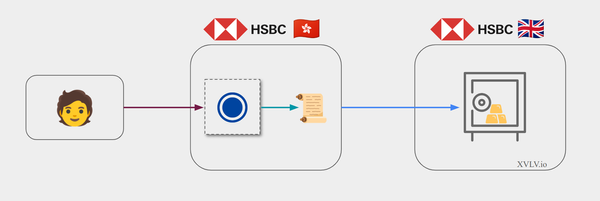New Identity Models
On a blockchain, everybody knows your transaction history.

Our names are the heritage of the need of rising administrations to distinguish and categorize individuals. Before, we were identified by more variable nicknames such as physical characteristics, professions, and locations.
But this unique string of information does not fully fit our human functioning. On the one hand, we are the opposite of unique individuals, belonging to different groups with whom we share important characteristics. A local culture, a hobby… On the other hand, we are not one identity, but several facets that appear in different contexts, speaking different registers of languages and behaving differently. (Amin Maalouf)
In the digital world, these contradictory forms of identity collide. Communities organize around cryptic subcultures and memes. Users choose pseudonyms. Yet, every piece of information is collected to identify unique individuals for marketing, political, and security purposes altogether.
Blockchains are particularly at the center of this conundrum. They provide a highly transparent permissionless environment. As a result, they manage to provide both no privacy but also no guarantee to individuals.
Many efforts have been made to tackle this: history analysis, on-chain registers, Self-Sovereign Identity, Zero-Knowledge proofs… New solutions such as privacy pools even combine some of these ideas.
However, the challenge may remain to establish new mental models. And, eventually, to convince financial institutions and regulators to adopt new approaches to risks.




